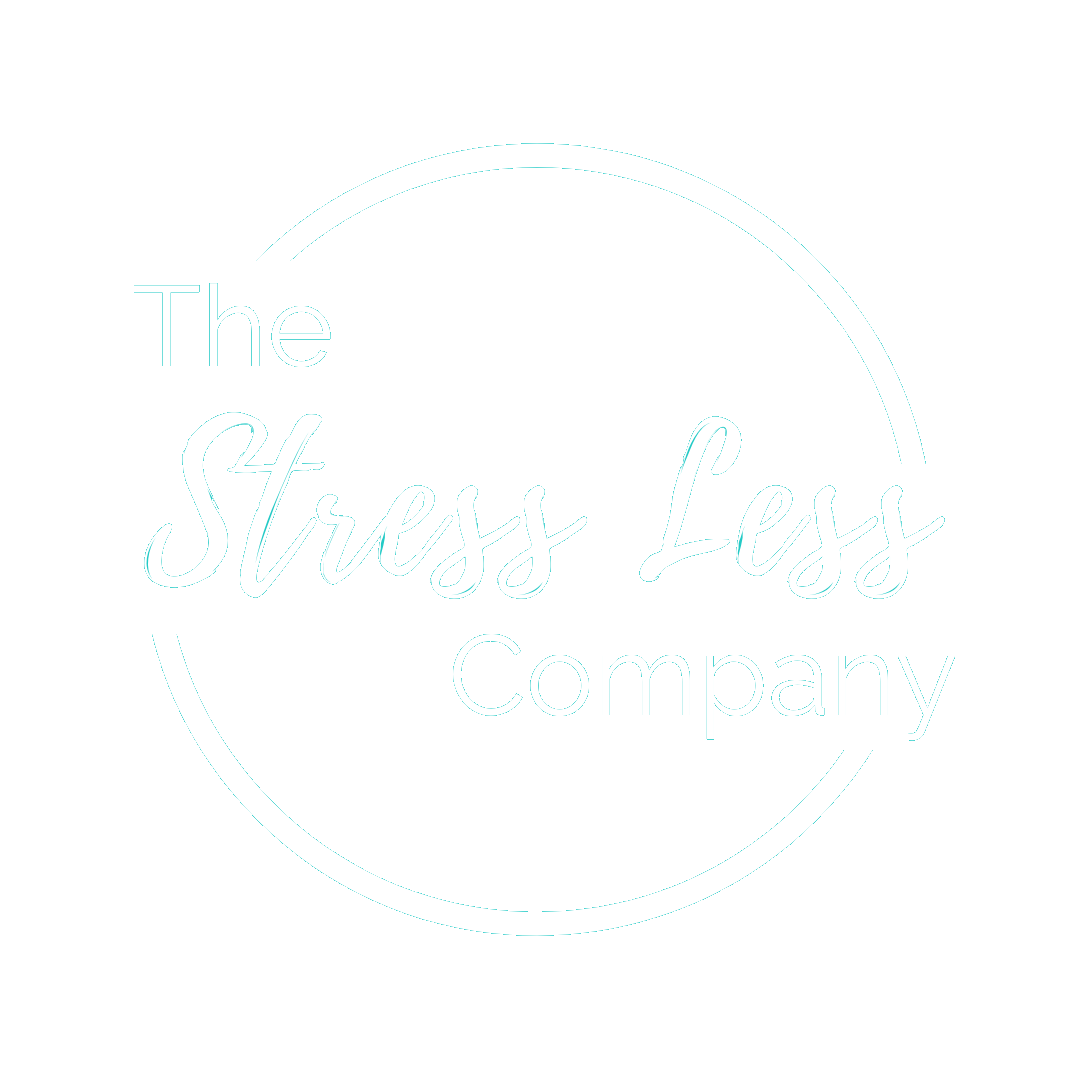On the go? Listen to The Stress Less Show as a Podcast!
Up all night scrolling through Instagram? Firing off one last work email from under the covers? Watching that last episode of your fave Netflix show at 3 AM? We’ve all been there! These days our phones, computers, TVs, and more take up a huge portion of our days - whether its for work or for pleasure - and all that social media and screen time can start to overwhelm us if we let it go unchecked. This month, we are talking about media overload and how we can keep it from impacting our time, our emotions, and our health! To kick things off, I brought sleep experts and the founders of Behavioral Sleep Medicine Associates, licensed psychologist Jacqueline D. Kloss, Ph.D., and physician Amanda Swain, M.D., back onto the show to shed some light on how media overload can impact our sleep and what we can do about it.
As both doctors and mothers, Amanda and Jackie know their stuff when it comes to sleep disruptions. After starting their practice and helping countless others learn how to correct their sleep habits and improve their overall health, they’ve seen first hand what is keeping us all up at night - and media overload is a major one!
“We as a culture spend a tremendous amount of time on our screens. That can be for the purposes of work or education, but for a lot of us - especially during quarantine - it's really as a way to distract and that can have a lot of effects on our sleep.”
If you’ve been struggling with your sleep habits, it might be time to look at your media habits because these effects may be working against you in ways that you may not even know.
Understanding the psychological effects of media overload on sleep
Media overload and sleep disruptions go hand in hand in our lives today. In order to prevent our screen use from interrupting our sleep, we have to first understand how media overload effects us. We may not even realize just how strong of an impact media consumption has on our minds, but Jackie and Amanda stress that the reality is that our screens are extremely stimulating psychologically.
“The stimulation for media is visual, it's emotional, it's even physical, depending on what you're watching. Think about lying in bed with all of this going on, it's not exactly compatible with sleeping.”
Understanding the biological impacts of media overload on sleep
Our screen time doesn’t only stimulate the mind - it also can influence our bodies! Does the word melatonin sound familiar? It is a hormone in our bodies that increases around nighttime as it gets dark out and it signals our bodies that it is time to start switching into sleep mode.
When things are running smoothly, this hormone helps us maintain our circadian rhythm so that we fall asleep and wake up naturally after a restful night of shut-eye. However, as we’re staring at our screens, the bright light can trick our bodies out of adjusting our melatonin levels and keep us up well past sundown.
“When we lie in bed with our screens in our faces, we're working directly against our biological need for sleep and our natural sleep rhythm.”
These effects are so pervasive that they even extend beyond our active use of social media and screens. Even just having these electronic devices on at night in the room can disrupt our ability to sleep soundly and restfully.
“A National Sleep Foundation poll found that children who left electronics on at night just having them on are more likely to fall asleep in school.”
Countermeasures we can use for a better night’s sleep
While media overload can have major effects on both our bodies and minds, Jackie and Amanda do have a few suggestions for preventing these effects from interrupting our sleep.
They suggest turning off all screens an hour or so before going to bed, as well as choosing different wind-down activities and swapping out our phone alarms for a good old fashioned alarm clock to ensure that our bedrooms are a media-free zone. Whatever tips you decide to implement, the main goal is to keep media time and bedtime as separate as possible.
“Train yourself that it can wait because media never sleeps, but we all must. And the news in your social media feed will be there for you when you wake up.”
—
Have you heard? Self-love accountability has gotten a whole lot easier! We’ve launched Self Care In Action, a brand new virtual self-care accountability group to help you relax and recharge in the comfort of your own home! Learn more here and join us for our next session on September 15th at 5:30pm ET!
